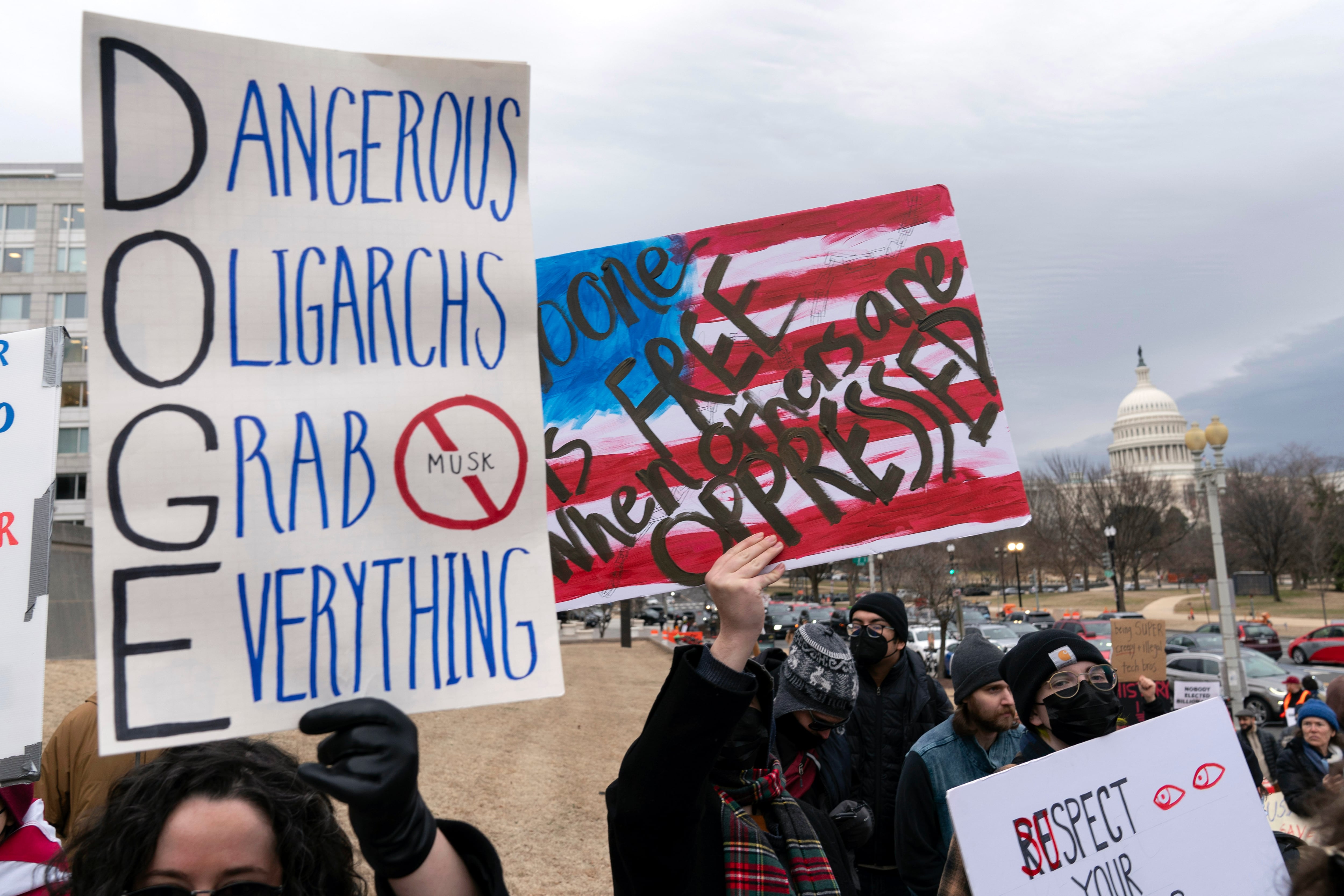BEIJING — Denouncing what they see as outside interference in the South China Sea and Korean Peninsula, the foreign ministers of Russia and China voiced mutual support Friday as they seek to counter the influence of Washington and its allies, particularly in Asia.
Following talks in Beijing, Russia's Sergey Lavrov and China's Wang Yi expressed opposition to the U.S. deployment of an anti-missile system in South Korea and said non-claimants should not take sides in the dispute over maritime territorial claims in the South China Sea.
Despite endorsing United Nations Security Council sanctions against North Korea over its missile launches and nuclear tests, the two strongly criticized the proposed deployment of the Terminal High-Altitude Area Defense system, or THAAD.
"Relevant countries shouldn't use Pyongyang's acts as a pretext to increase their military presence on the Korean Peninsula," Lavrov said at a joint news conference. "We believe the possible deployment of the THAAD anti-missile system won't resolve this problem."
Both Russia and China, North Korea's now largely estranged ally, see the deployment as exceeding what is necessary to defend against any North Korean threat and would "directly affect strategic security of Russia and China," Wang said.
That could "add fuel to the fire of an already tense situation and even possibly wreck the regional strategic balance," he said.
Both men called for efforts to restart long-stalled, six-nation talks on ending North Korea's nuclear programs.
Their meeting came amid renewed tension on the Korean Peninsula, with South Korean officials saying the North attempted unsuccessfully to test-fire two suspected powerful intermediate-range missiles Thursday.
It also comes ahead of a major North Korean ruling party meeting next week at which leader Kim Jong Un is believed to want to place his stamp more forcefully on a government he inherited after his dictator father's death in late 2011.
On the South China Sea, which China claims almost entirely, Lavrov said outside parties shouldn't interfere, a reference to the United States, which has challenged Beijing's claims.
Wang said it was up to those countries directly involved to find a peaceful resolution through negotiations.
"International society, particularly countries from outside the South China Sea, should play a constructive function in maintaining peace and stability and not contribute to the situation becoming more chaotic," Wang said.
Criticized over its aggressive tactics and construction of new islands with airfields, harbors and radar stations, China has sought to use Russia to bulk up its side of the argument against the U.S. and claimants such as the Philippines, which has brought a suit at the U.N. Court of Arbitration seeking a ruling on ownership over territories it claims.
China has refused to take part in the arbitration or recognize the court's ruling.
Along with enlisting Russia's support, China has given heavy publicity to what it calls a new consensus reached with Brunei, Cambodia and Laos — three members of the 10-country Association of Southeast Asian Nations — endorsing its stance that the South China Sea dispute should not be an issue for ASEAN as a whole.
That has renewed criticisms from some that China is applying divide-and-conquer tactics with its smaller neighbors and trying to drive a wedge through the organization. ASEAN members Brunei, Malaysia, Vietnam and the Philippines contest China's claims, while Taiwan also claims much of the area.
While the U.S. says it takes no position on South China Sea sovereignty claims, it has worked to shore up the military capabilities of the Philippines, a treaty ally. Washington has also called on China to end its island-building projects, and the U.S. Navy has repeatedly sailed and flown ships and planes nearby those structures, drawing sharp responses from the Chinese navy.
Wang and Lavrov both hailed two decades of warming ties between Moscow and Beijing, bitter Cold War rivals for a quarter century, who under Russian President Vladimir Putin have found common cause in challenging the West.
Russia has become a leading supplier of imported, high-tech weaponry and resources, such as oil and gas, while China is a major source of capital investment for projects in Russia.
Putin is scheduled to visit China in June.





